MAITUM, Sarangani (April 3, 2008) – Leading wireless services provider Smart Communications, Inc. (Smart) has commenced a year-long engagement with the provincial government of Sarangani for coastal and inland reforestation.
"We have an agreement with the province that we will support mangrove forest rehab and plant trees in the mountains," said Haydee Bernabe of Smart public affairs division. "Our goal is to plant 20,000 trees within the next 12 months."
Bernabe issued the statement during the March 30 mangrove-planting event sponsored by Smart in barangay Kiambing where volunteers planted more than 500 mangrove seedlings.
After six months, Bernabe said Smart personnel "will come back in Kiambing and continue helping in the rehab of the mangrove area."
"Environmental protection is one of the key community service programs of Smart. To ensure sustainability, we make sure that the residents in the area understand the importance of the project and how it will benefit them," she said.
Vice Governor Steve Solon urged the community to partake in preserving the resources of sea and land "because it is not only for us today but for the children of tomorrow."
Maitum Mayor Elsie Perrett said her administration is keen in the preservation of natural resources of her town.
"We intensify our campaign against illegal cutting of trees and we urge our constituents to help us widen the remaining mangrove areas in Maitum," the mayor stressed.
Smart and local officials also forged a pledge of commitment to continue working together in preserving and protecting Maitum's mangrove forest through planting of mangrove seedlings, coastal clean-up drive and by increasing the awareness of the communities on environmental preservation.
"Mangrove forests protect our shores from soil erosion from the uplands and strong sea current," said Saluma Gampal, marine resources management research assistant of the Environmental Conservation and Protection Center.
"Known as the 'rainforest of the sea'," Gampal explained, "a mangrove forest is the nursery ground for pelagic fishes."
"Fishes from rivers and sea breed at the mangroves locally known as 'bakawan'," she added.
Gampal said mangroves have the capacity to filter effluents in water coming from springs and rivers. She pointed out that "mangroves maintain water quality in the shoreline."
She urged people from the community to share their effort by not cutting mangrove trees for fuel or other uses and instead guard the mangrove areas.
Provincial environment officer Noel Cariño noted that mangrove forests in Sarangani were depleting. "Today there are less than 150,000 hectares of mangrove forest left in Sarangani," he said.
Cariño warned that continuous depletion of mangrove forests deprives fishes of its breeding grounds. "It is we, human beings, who will suffer if we have less catch," he pointed out.
He admitted that government agencies have short budget for reforestation. "It's a great help that Smart and other stakeholders are joining our drive," he said. (SARANGANI INFORMATION OFFICE/GCK)
Subscribe to:
Post Comments (Atom)

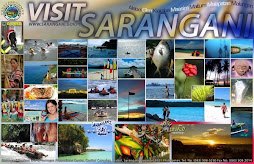


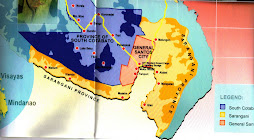

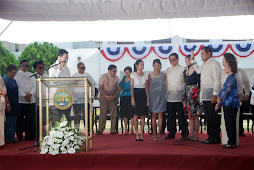
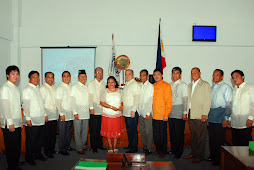

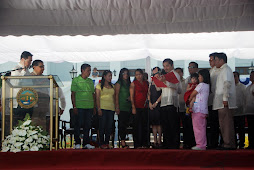
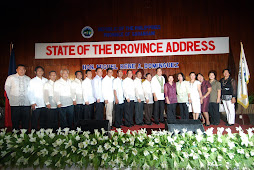
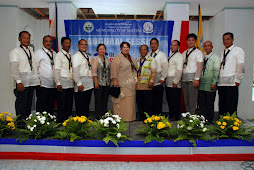
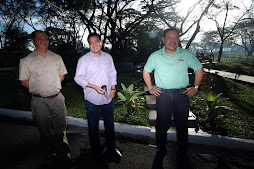



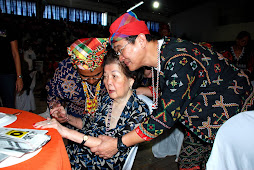


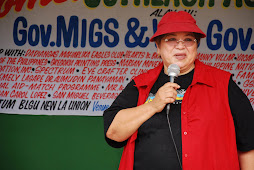
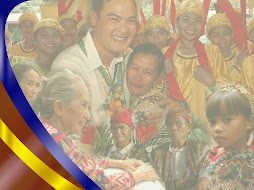
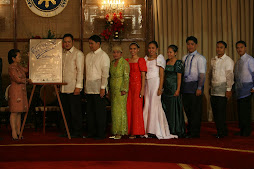
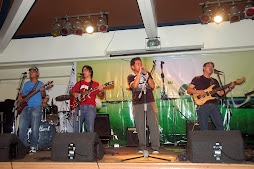




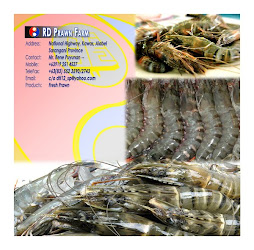
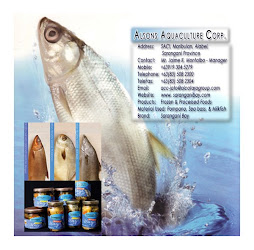



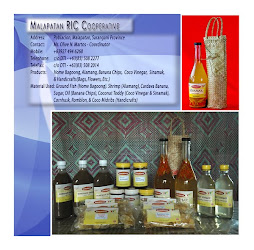

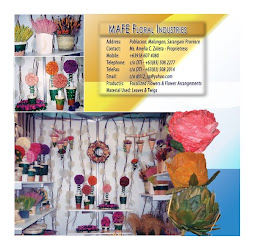
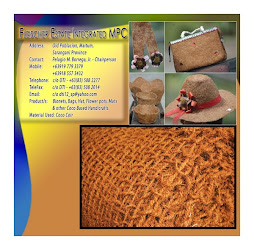



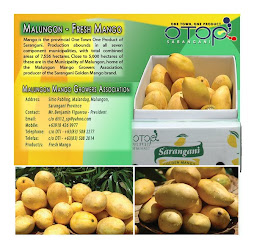
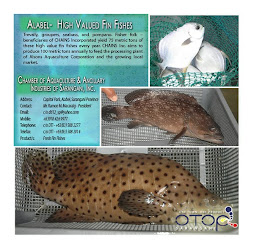


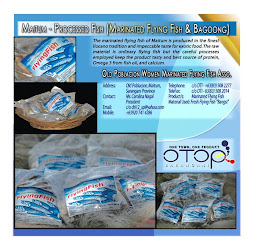

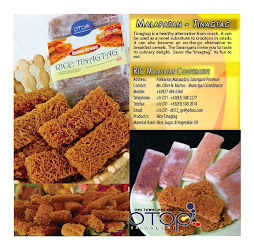
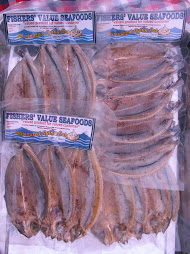
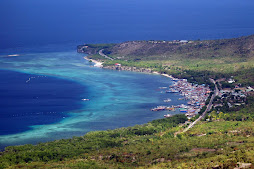
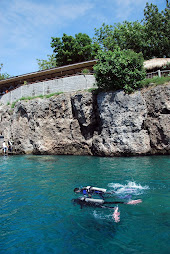
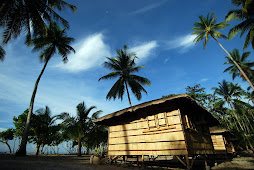
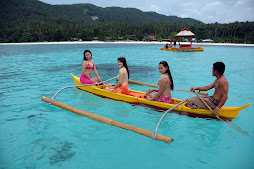

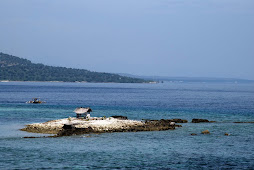
No comments:
Post a Comment